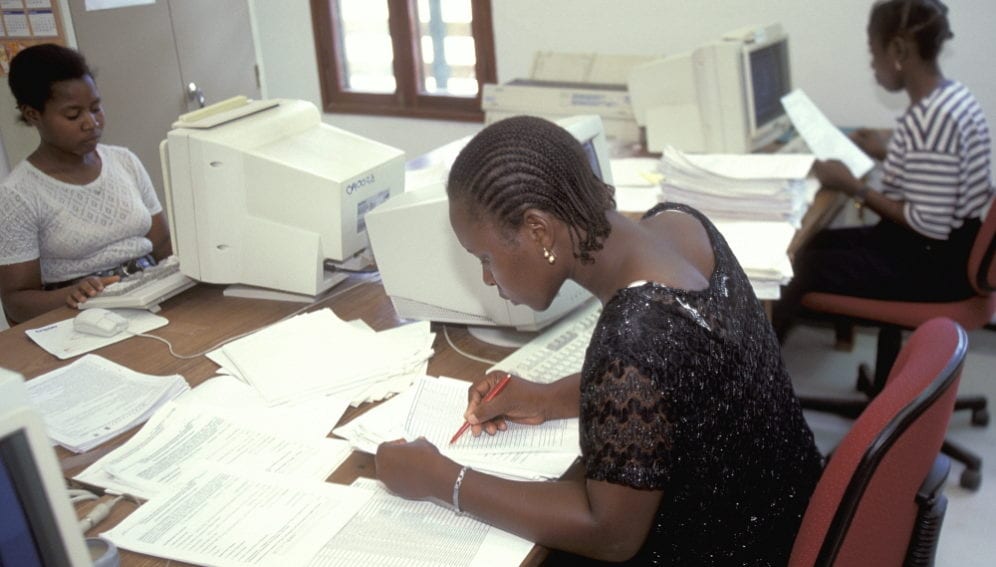By: Cathleen O’Grady
Send to a friend
The details you provide on this page will not be used to send unsolicited email, and will not be sold to a 3rd party. See privacy policy.
A search engine intended to help make charities’ research easier to find and more useful is due to be launched early next year.
Giving Evidence, a UK-based consultancy that encourages evidence-based charitable giving, aims to pilot the tool in the United Kingdom. It plans to share the results and later roll it out to the developing world.
Developing countries could especially benefit from the tool, says Katie Turner, who researches the use of volunteering in development at non-governmental organisation VSO International. “It’s a real challenge trying to identify published and unpublished research,” she says. “There is a great deal that does exist and has remained unpublished or not online.”
The difficulty in finding studies from small organisations means that similar organisations are often unaware of useful findings, and research can be excluded from systematic reviews, says Caroline Fiennes, director of Giving Evidence. As a result, potentially important evidence, whether on the effectiveness of a charity’s interventions or on matters that could inform policy debates, is neglected.
The search function will look only for information labelled with certain ‘metadata’ describing its contents. Only research by participating charities would have this specific metadata, meaning that only such research would be found by the search engine.
Many small organisations lack the resources to optimise their data so major search engines can find it, says Greg Sterling, a contributing editor at the Search Engine Land news website. This prevents them from being ranked highly in search results and so can make their work difficult to find.
The tool will also aim to encourage better quality research, says Fiennes. Currently, because so much research is self-published, there are no standards setting out what details should be reported. This can make it difficult to tell how robust a study was or what might have influenced the results. For example, without knowing how many participants took part or how they were chosen, it can be difficult to tell whether an intervention that was effective in one place might be helpful somewhere else.
To deal with this issue, the search engine will introduce measures to make reporting more consistent. For charities’ research to be archived by the tool, they will need to report on essential items from a checklist. All research in the system would then include a structured summary, or abstract, with details of the research methods and findings.
For organisations in the developing world, accessibility and ease of use are likely to be important in encouraging adoption of tools such as this, adds Turner.
“Many tools are developed by and used by Western organisations without thinking about how to make data accessible in the global South,” she says. “There’s a need for something particularly useful and functional to more organisations.”














